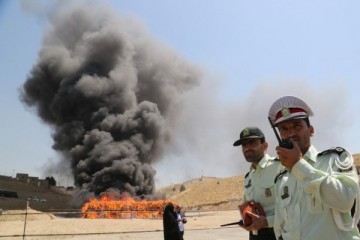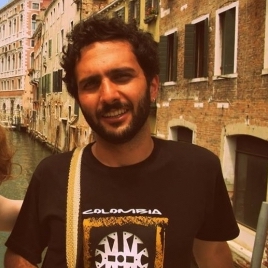
Could Iran be the next country to legalise cannabis and opium?
After Uruguay courageously legalised the use of cannabis under a new drug policy, could Iran be the next country to make it legal? From the outside, the image of Iran as retrograde and inherently conservative hardly fits with the reality of a more dynamic domestic political debate within. But drug policy is one of the areas of debate in which the Islamic Republic has produced some interesting, yet paradoxical, policies. Iran has a conspicuous drug addiction problem – which officially accounts for more than 2m addicts (though unofficial figures put this as high as 5-6m). Drug traffickers risk harsh punishments that include the death penalty. Yet Iran also has very progressive policies towards drug addiction, which include distribution of clean …

Tehran 2012: From the Axis (of evil) to the Non-Aligned Movement
After long years of silence and quiescence, the Non-Aligned Movement gained momentum in the debate about global governance and the management of alternative strategies of engagement with the world of international affairs. The setting was an unusual one per se, suggesting that the 16th gathering of the NAM was likely to be of a different nature. Indeed, Tehran, during the heated summer of 2012, seemed to be one of the less aligned capitals of the world, for a number of issues, widely debated in political science circles as well as among foreign policy decision-makers. Crippling sanctions, shadow negotiations and an on-going regional conflict in the Middle East, with several branches developing in Syria, Lebanon, Bahrain and perhaps Yemen, have put …

Enigma Syriana: between proxy war and the Pax Iranica?
چنان قحط سالي شد اندر دمشق كه ياران فراموش كرد عشق سعدي “Such famine was there once in Damascus that lovers forgot their love.” …










